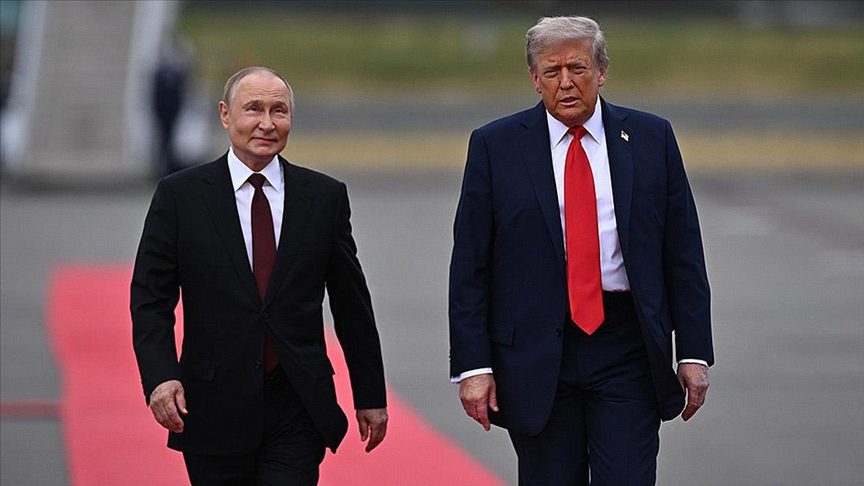On October 23, 2025, reports confirmed that Reliance Industries, India’s largest private oil refiner, plans to significantly reduce its imports of Russian crude oil. This decision marks a pivotal shift for Reliance, which has been a major buyer of discounted Russian oil since geopolitical tensions disrupted global energy markets in 2022. This SEO-optimized article examines the reasons behind this move, its implications for Reliance and India’s energy sector, and what it means for global oil dynamics.
Why Is Reliance Reducing Russian Oil Imports?
Several factors are driving Reliance Industries’ decision to scale back Russian crude oil imports:
- Geopolitical Pressures: Increasing sanctions and international scrutiny on Russian oil trade, particularly from Western nations, may be prompting Reliance to diversify its supply chain to mitigate risks.
- Payment Challenges: Restrictions on dollar-based transactions and delays in rupee-ruble payment mechanisms have complicated Russian oil purchases, pushing Reliance toward alternative suppliers.
- Market Dynamics: Rising competition for Russian oil from other Asian buyers, like China, may have reduced the price advantage of Russian crude, making other sources more attractive.
- Strategic Diversification: Reliance is likely diversifying its crude oil sources, focusing on Middle Eastern suppliers like Saudi Arabia and the UAE, to ensure supply stability and flexibility.
- Domestic Policy Alignment: India’s evolving energy policies and emphasis on energy security may encourage Reliance to align with government priorities, favoring non-Russian suppliers.
This strategic pivot reflects Reliance’s adaptability to a complex global energy landscape.
Implications for Reliance Industries
The reduction in Russian oil imports has several implications for Reliance’s operations and financial strategy:
- Refining Margins: Shifting to potentially costlier crude from Middle Eastern or other suppliers could impact refining margins, especially if global oil prices rise.
- Supply Chain Adjustments: Reliance’s Jamnagar refinery, one of the world’s largest, may need to recalibrate operations to process different crude grades, affecting efficiency.
- Revenue Impact: While Reliance’s diversified portfolio (including telecom and retail) cushions the impact, changes in oil import costs could influence its energy segment’s profitability.
- Global Partnerships: Strengthening ties with Middle Eastern suppliers could enhance long-term contracts and geopolitical goodwill, benefiting Reliance’s global standing.
- Sustainability Focus: The move aligns with Reliance’s broader push toward cleaner energy, such as green hydrogen and solar, reducing reliance on volatile fossil fuel markets.
These changes position Reliance to navigate a shifting energy market effectively.
Impact on India’s Energy Sector
Reliance’s decision could reshape India’s energy landscape:
- Energy Security: Diversifying oil imports reduces dependence on Russian crude, enhancing India’s resilience against geopolitical disruptions.
- Price Dynamics: A shift to Middle Eastern or other crude sources could influence domestic fuel prices, depending on global oil market trends.
- Refining Industry: Other Indian refiners, like Indian Oil Corporation, may follow Reliance’s lead, further reducing Russian oil imports and reshaping supply chains.
- Clean Energy Push: Reliance’s move aligns with India’s renewable energy goals, potentially accelerating investments in sustainable alternatives.
- Global Perception: India’s reduced reliance on Russian oil may strengthen diplomatic ties with Western nations while maintaining strategic autonomy.
This shift could set a precedent for India’s broader energy strategy.
Global Oil Market Implications
Reliance’s reduction in Russian oil imports has broader implications for global energy markets:
- Russian Oil Demand: A decline in Indian purchases could pressure Russia to find new buyers or offer steeper discounts, impacting global oil prices.
- Middle East Suppliers: Increased demand from Reliance could bolster Middle Eastern oil exporters, strengthening their market share in Asia.
- Geopolitical Dynamics: The move may ease tensions with Western nations enforcing sanctions on Russian oil, aligning India with global trade norms.
- Market Volatility: Shifts in supply chains could contribute to oil price fluctuations, affecting economies worldwide.
Reliance’s decision underscores the interconnected nature of global energy markets.
How Stakeholders Can Respond
For stakeholders affected by or interested in Reliance’s move, here are actionable steps:
- Investors: Monitor Reliance Industries’ stock (BSE: RELIANCE) for impacts on its energy segment and overall profitability. Review quarterly earnings for insights.
- Energy Sector Players: Refiners and suppliers should assess opportunities to partner with Reliance or capture market share in India’s evolving oil import landscape.
- Consumers: Stay informed about potential fuel price changes driven by Reliance’s shift to costlier crude sources.
- Stay Updated: Follow Reliance’s official announcements and platforms like X for real-time updates on its energy strategy.
Proactive engagement will help stakeholders navigate this transition.
Challenges and Risks Ahead
While strategic, Reliance’s decision carries risks:
- Cost Increases: Sourcing crude from non-Russian suppliers may raise input costs, impacting margins if not offset by operational efficiencies.
- Supply Chain Disruptions: Transitioning to new suppliers could face logistical or contractual challenges, affecting refinery operations.
- Geopolitical Balancing: Reducing Russian oil imports may strain India-Russia energy ties, requiring careful diplomatic navigation.
- Market Volatility: Global oil price fluctuations could complicate Reliance’s cost projections and profitability.
Addressing these challenges will be critical for a smooth transition.
Conclusion: Reliance’s Strategic Energy Pivot in 2025
Reliance Industries’ decision to reduce Russian oil imports in 2025 marks a significant shift in its energy strategy, driven by geopolitical, economic, and strategic factors. While the move may impact refining margins and supply chains, it positions Reliance to enhance energy security and align with India’s long-term sustainability goals. For investors, consumers, and the global oil market, this development signals Reliance’s adaptability in a dynamic energy landscape. As the company diversifies its crude sources, its next steps will shape India’s energy future and influence global markets.



